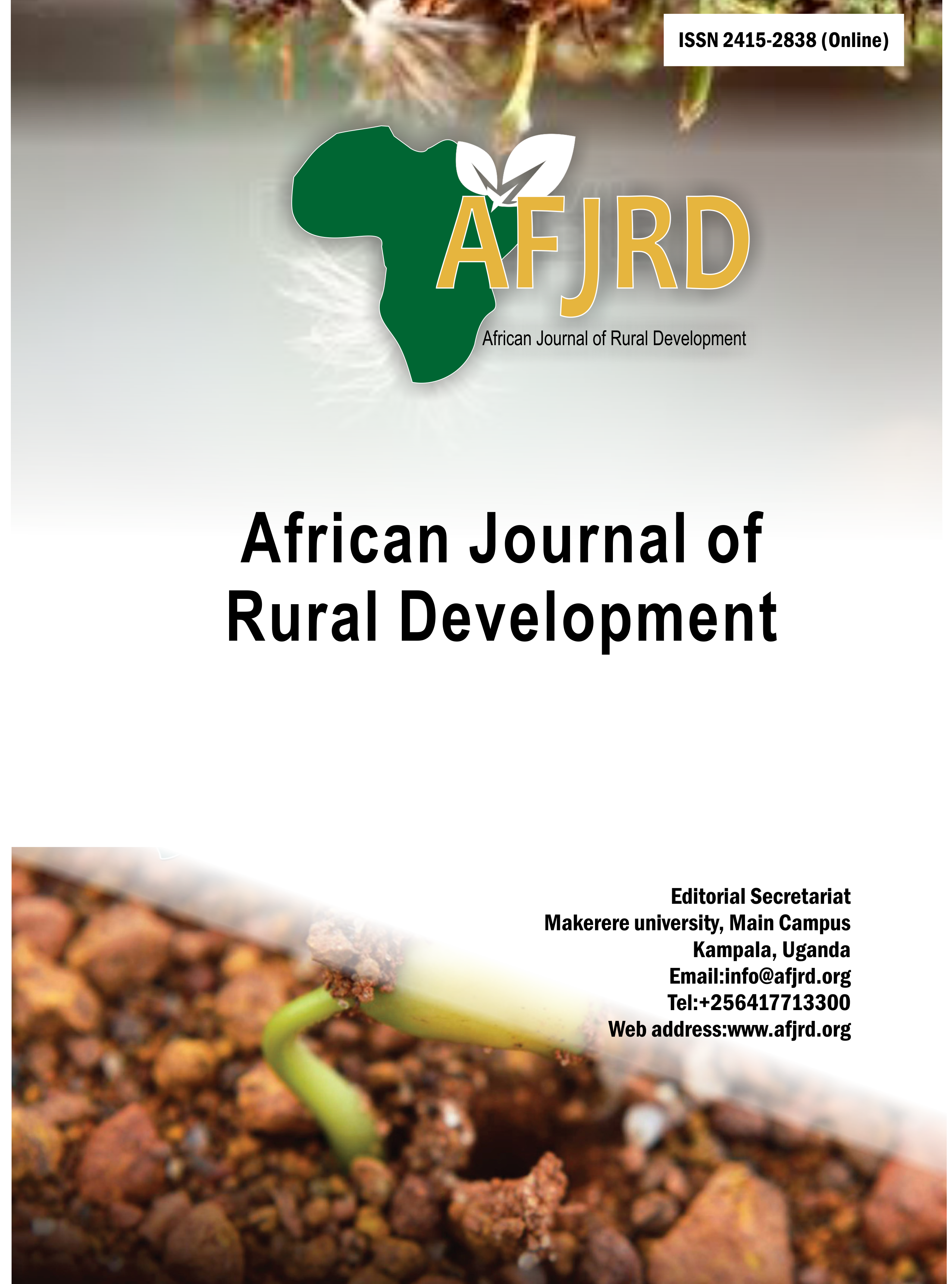Gender-based assessment of Science, Technology and Innovations ecosystem in Sudan
Main Article Content
Abstract
Science, Technology and Innovations (STI) play a critical role in each of the Sustainable
Development Goals (SDG). Despite several STI initiatives to ensure achievement of the 5th
Sustainable Development goal on gender equality, the participation of women in STI has
remained low all over the world in general but particularly in sub-Saharan Africa (SSA),
where women are greatly underrepresented in STI ecosystem. there are Policies
Strategies for STI in the Ministry of Higher Education and Scientific Research but there
is no mention of gender or gender equity as separate issues. The female students at Sudanese
higher education institutions form the majority (55%) of enrolment at undergraduate level
and in some cases reaching 70-80% as in Agriculture , Medical , while enrolment of
female in Science, Engineering and Mathematics is less than 23%. numbers of females
at universities and research institutes decrease in high seniority levels, with only 15 female
professors out of 95 professors in research institutes in 2017. In Sudanese universities there
is only one female professor in engineering in the academic year 2017/2018, while in the
broader science fields there are only six female professors out of 53 professors. The women
involvement in decision making in academia and industry is negligible, and overall women
scientists involved in leadership , their participation in research development is
low. There are only three women Vice Chancellors out of 133 university Vice Chancellors.
According to the new constitution representation of women must increase to 40% of
government workforce as a general policy.
Article Details

This work is licensed under a Creative Commons Attribution 4.0 International License.
